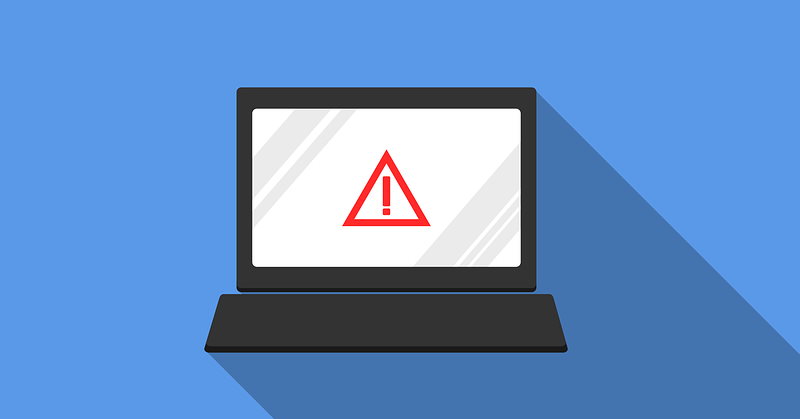ISPs Launch New Copyright Alert System
Last Updated: Mar 28, 2013
The CCIs formal announcement was posted on their website on Monday Feb. 25th. In the announcement, Jill Lesser, the Centers’ Executive Director, said that each of the individual providers would be launching their individual versions of the Copyright Alert System, or CAS. It was shortly afterwards the internet providers started publishing their individual policies to the internet. We’ve been waiting…patiently…in the background, for the providers to publish their policies surrounding the CAS.

Here’s What We Have Found (So Far)
A couple of the companies, (Comcast and Verizon in particular,) made things real easy for us. But, the other two providers that have published their policies, (AT&T hasn’t as of this writing, and will be added when they do publish something,) weren’t quite as proud to be participating in the program. The first four alerts are virtually identical among the providers, so here’s what we found out about alerts #5 and #6:
- Cablevision, (aka Optimum,) made things a little difficult by explaining the new CAS in the “Support” section of their website. A quick search using the keyword “copyright” revealed their policy. Their customers can expect to be suspended 24 hours on the fifth and sixth notice, unless the customer contacts a number that is given them in the notice.
- On their website, Time Warner, makes mention of the use of the CAS on their copyright infringements complaints reporting FAQ, but only mentions the exact “Mitigating Measures” on a page with sample alert letters. They will be demanding acknowledgement on receipt of alert number five, and on six a temporary suspension will be imposed, unless an appeal is filed, and won, by the subscriber.
- Verizon let their customers know about their policies on the CAS in a FiOS internet FAQ, In their FAQ they explain that they will be reducing their customers’ access speed for a period of 48 hours on the fifth alert, and 72 hours on the sixth.
- Comcast published their CAS policies in a FAQ in their XFINITY support section. Their system will use persistent alert pop-ups in the browser requesting the customer contact their offices, but they are quick to say that in no way will the pop-up affect any essential services, like email.
None of the providers we have looked at so far have agreed to complete termination of service, one thing that many people were worried about, and personally identifying data being exchanged was another worry of many. On this point ISPs assured their customers in their policies that no identifying data would be exchanged by the Internet Provider without a court order.
About AT&T Silence
AT&T has been strangely absent in publishing their policy, we must admit. By contrast, Comcast made it very easy to find their policy. What has been said by AT&T was accredited to their VP of Public Policy, Brent Olson, and sent in an email statement to engadget.com. It said in part:
“Beginning this week, AT&T will begin accepting notices from content owners who have reason to believe our residential wireline broadband Internet customers are sharing copyrighted material unlawfully using peer-to-peer services. Our commitment remains with our customers and that is why the approach we developed is focused on customer education rather than punishment. Because customer privacy is paramount, we will not share or release our customers ’ names or other personally identifiable information to the content owners, but instead will alert our customers of the allegation to allow them to take steps to address the situation. We ’ve learned from earlier iterations of this process that many customers will respond positively when first notified and will not need additional reminders. In those cases where the activity continues, which we hope and believe will be rare, customers will receive additional alerts. After four alerts, our customers will be required to take an extra step to review materials on an online portal that will educate them on the distribution of copyrighted content online.”
They went on to say that the customer would never be dis-connected, or blocked without a court order…but after six (unchallenged) warnings we believe that a judge would subpoena name, address, etc. from the ISP, plus, a copyright infringement suit would ensue…
Conclusions
It might be time to sign up for a VPN Service to give you more privacy online. Also if you are using Usenet here are a few tips on how to stay anonymous online.







